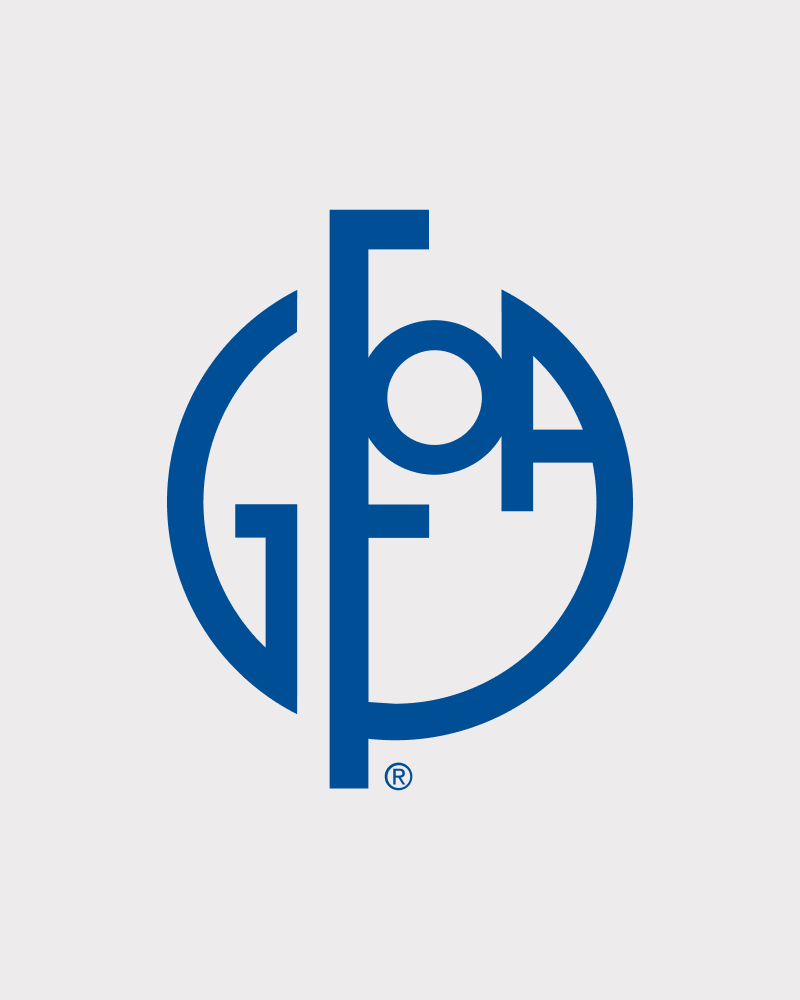Selecting Third-Party Investment Professionals for Pension Fund Assets
Compensation and Benefits
Selecting Third-Party Investment Professionals for Pension Fund Assets
Governments should exercise appropriate due diligence in their selection of investment professionals.
Board approval date: Friday, September 28, 2018

